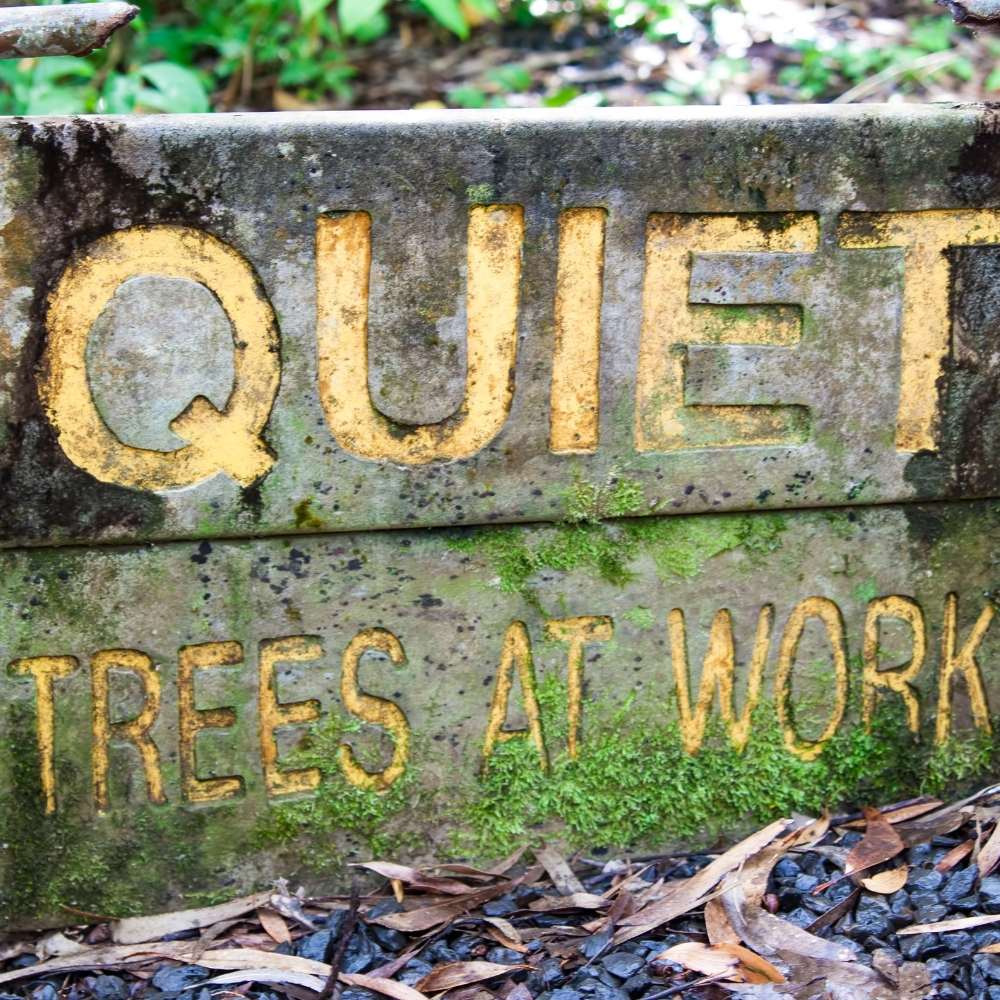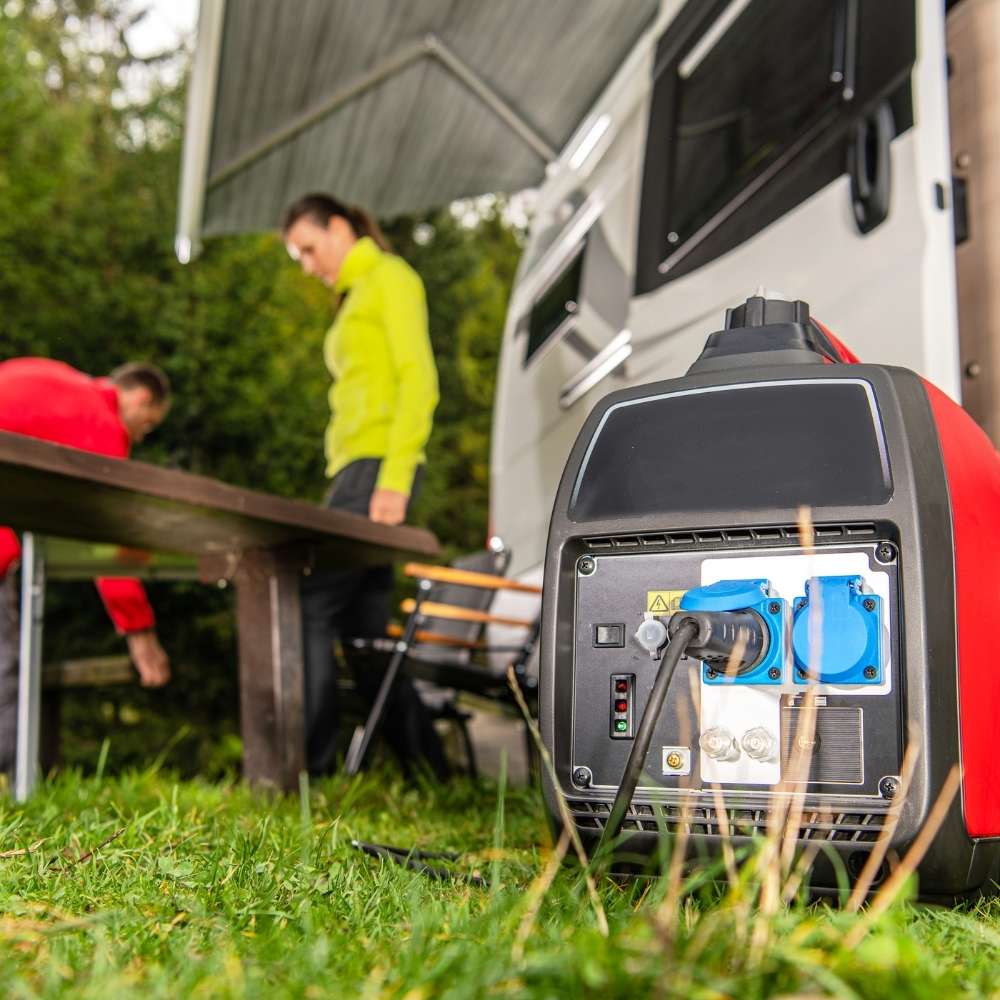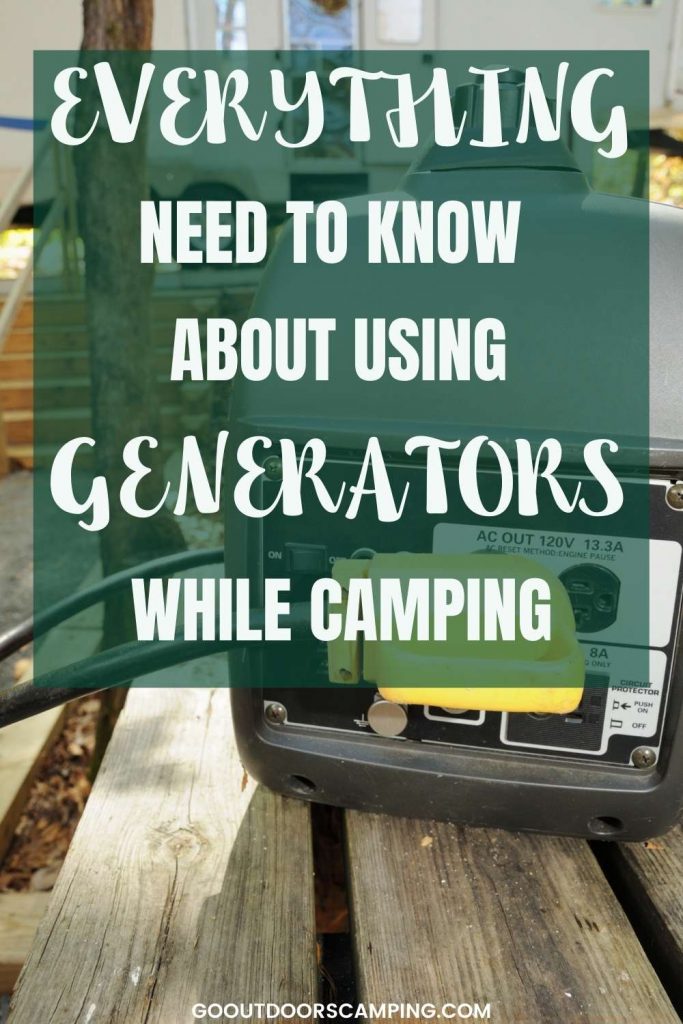Why Use a Generator for Camping?
Wondering about a generator for camping? Generators are good to have on-hand while camping in case of emergency and for powering items that can make your trip more convenient.
Have you have ever gotten into your car after camping and realized it was dead? If so, you’ll understand how important it is to have backup power. We love having a portable generator for camping. It’s nice just in case we need power right away and we also love to brew a cup of coffee without having to light a campfire.
This post may contain affiliate links. Gooutdoorscamping.com is a participant in affiliate programs. This means that if you click a link from this post, we may earn a small commission at no extra cost to you.
Are Generators Allowed at All Campsites?
Generators are not allowed at all campsites. However, even in these cases, it’s not a bad idea to keep one in with your gear if you run into an emergency situation.
Check the rules and regulations of your campsite before you head out so you can plan your gear accordingly. Even if there are no specific rules against generators, there may be a quiet time rule. Quiet time rules regulate the hours in which you can use noisy equipment.
This is a good quality camping generator here.

If you are dispersed camping, there are no quiet-time rules unless there is an exception for the area you are in. However, you should be respectful of anyone around you as well as the wildlife.
How Loud Are Generators?
Generators vary in noise level due to their build and their power source.
Solar generators are considered to be silent. They make almost no noise except for the inverter. While gas powered generators commonly run at a decibel rating of around 60-85. This is about the equivalent to listening to a conversation (60db) up to the noise of a diesel truck (85db).
What Type of Things Can You Power with a Generator?
You can power pretty much anything with a generator depending on the wattage of your generator. Most can handle small electronics and appliances. You’ll need to determine what you’re going to be powering with your generator and make sure you purchase one with high enough wattage to power your items.
How Much Power Does Your Generator Need?
To power larger appliances, you’ll need to make sure the generator can handle the appliance’s running wattage requirement as well as its startup requirement.
For example, a refrigerator may require 1200 watts to start up and 190 watts to run. You’d need to make sure that your generator could handle 1390 (1200+190) watts.
If the appliance you are powering with your generator has a motor, it will need extra power to start up. A refrigerator is a good example of this. In general, the startup power needed is 3 times the amount needed to run.
This is a good quality camping generator here.
Powering Multiple Things with Your Generator
If you are powering multiple things with your generator, you need to be able to power the total running watts of each piece of equipment plus the single, highest starting wattage required of the pieces of equipment.
Things You Can Use a Generator for While Camping
Here are thing things we find using a generator for useful while camping. We don’t always use a generator but find it handy when we are low on time or don’t want to light a campfire and have to put it out right away. We normally use our campfire cooking kit to cook but we have used a generator to power cooking stoves and crockpots too.

What to Use a Generator for When Camping
- In emergencies like charging a car battery or for quick lighting.
- Coffee makers
- Cooking with things like portable stoves or crockpots.
- Lighting
- Music and entertainment
- RV backup power
- Charging electronics
- Heating and cooling devices

Leave a Reply